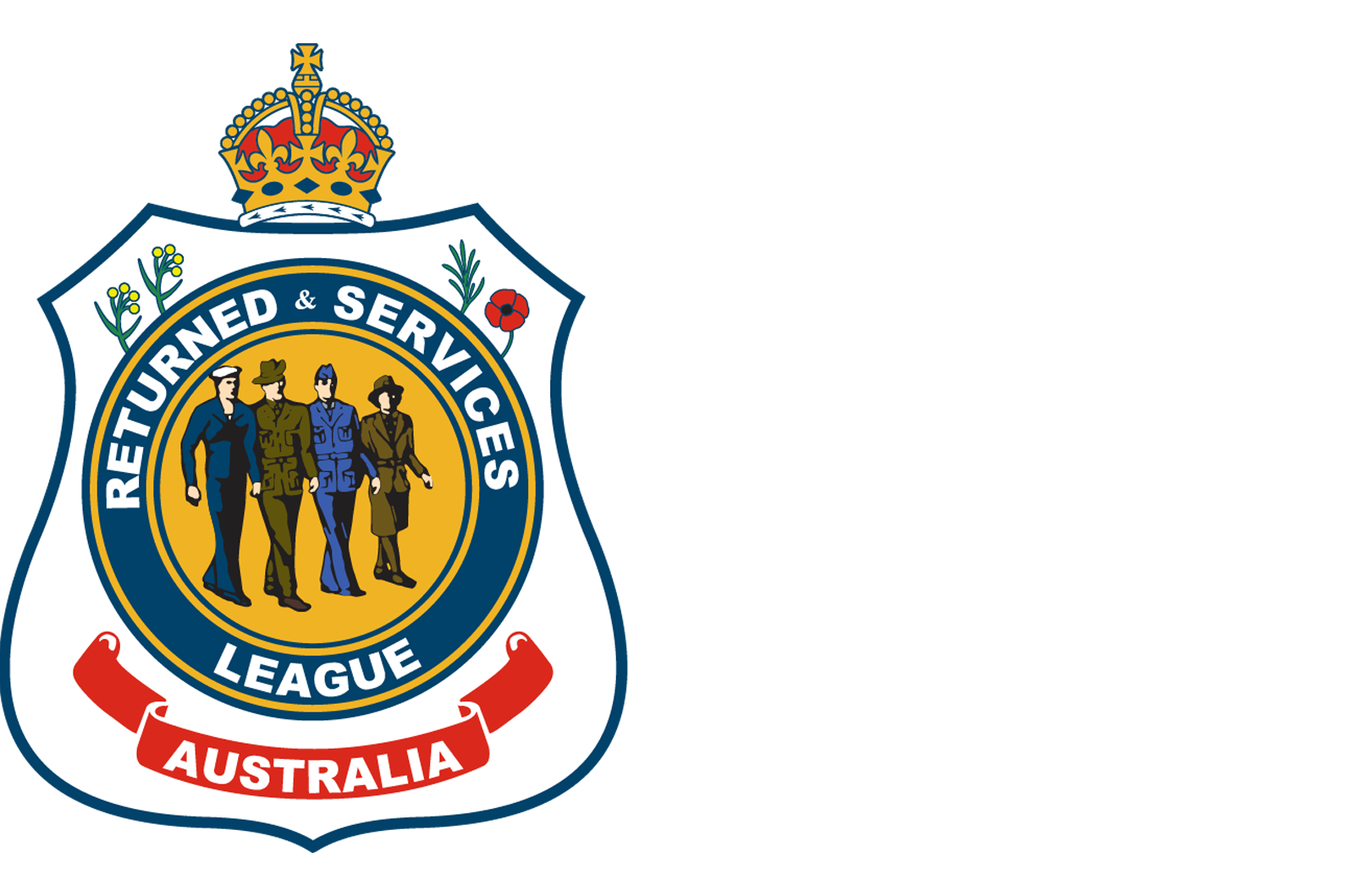11 September 2024
How to craft your best resume by uncovering transferrable Defence skills
While this can sound daunting, the process is quite straightforward once you identify the key elements you need.
RSL Queensland’s Employment Program Manager Virginia Coffison says it is important to create a tailored resume that summarises your unique transferrable skills and outlines the value you would bring to a prospective company.
“In a competitive job market, it is important to showcase how the experience and expertise you gained in the Defence Force makes you a valuable asset to the company you’re applying for,” Virginia says.
To help you craft your best resume and CV, these are our top three tips:
#1 Include all relevant information
While all resumes and CVs may present slightly differently, it is important to ensure you have included the key elements. These include:
Your name and contact information:
- Start with your name, email address and phone number. You may also like to add your suburb address or your online portfolio if you have one (i.e. a LinkedIn account), but this is optional.
A professional summary or objective statement:
- This summary briefly highlights your experience, career goals and areas of interest. Think of this as an introduction or summary of your CV. Keep this brief, no more than 3-5 sentences is ideal.
Your professional history or work experience (i.e. your Defence history):
- Include your previous job titles, company names, dates you were in that role for, and key responsibilities. It is also worth mentioning that if you held multiple positions during your service, it is good to add in two to three of your key responsibilities in layman’s terms. Making your responsibilities measurable is important, for example, detailing how many staff you were responsible for leading within a team.
Your educational history:
- Include your graduation dates and any awards or honours you may have received throughout your education.
Your skills and abilities:
- Create a dedicated section that outlines your transferrable skills that are relevant to your desired job; include both hard and soft skills.
Optional sections which include:
- Certifications
- Languages
- Volunteer work
- Other awards (e.g. OAMs)
#2 Master your professional summary
A great professional summary is a strategic tool that can enhance the overall impact of your resume and increase your chance of making a strong impression on potential employers.
As it is also often the first section that a hiring manager reads, it is important to succinctly showcase how your expertise is relevant to the job you are applying for.
The professional summary should be no more than three- to five- sentences and highlight how your relevant skills bring value to the position you are applying for.
For maximum effectiveness, Virginia says it’s important to include key words of the job description you are applying for.
“Be sure to customise your summary by tailoring it to the specific job or company you are applying for, to show that you have done your research and are genuinely interested in the role,” she says.
It is important to ensure your summary is easy to understand. Imagine you are giving your summary to a school student. If they don't understand your role, there is every chance a recruiter won't either.
#3 Recognise your transferrable skills
If you’re worried about starting a new career from scratch, keep in mind that many skills are transferable between Defence and civilian employment.
Virginia says leadership, planning, problem solving with critical thinking and communication are among the most important transferable skills.
“The RSL Employment Program identifies these core skills,” she says.
“Then if you delve down into what service people were in, what rank they held and what roles they undertook, that's going to give you even more transferable skills.”
Leadership
Leadership is required across all areas of Defence, making it one of the most valuable transferable skills for former service members to call out in their civilian job search.
Virginia says it’s important to demonstrate real examples of how you applied leaderships skills while in service.
“With Defence, obviously there’s a ranking system with different team sizes and things like that,” she says.
“So, you can show leadership experience from leading teams and working together to achieve different goals and outcomes.”
By showing potential employers your ability to lead, you’ll make yourself more attractive as a candidate.
Planning
When demonstrating your planning skills, Virginia recommends specifying the types of planning you did while in Defence.
“Planning is important in a lot of different spaces,” she says.
“If you worked in project management, there would have been a need for future planning and working out the scope of the project, like resourcing and budgeting.”
She also says you could call out your experience with risk mitigation.
“A lot of planning in Defence has to do with risk mitigation with a workplace health and safety focus. For example, identifying different situations that might have been a risk and forward planning for different scenarios that could occur because of that risk.”
Problem solving with critical thinking
Regardless of rank or role, all Defence members are expected to solve problems with critical thinking. Highlighting the often-complicated nature of problem solving in Defence could help you prove your proficiency with this skill.
“At the different levels of Defence, you're given bits of information – like a brief – that's just relevant to your level, your security clearance, all of those sorts of things. You go on and you get that job done, and then you let your superior know if there's anything you are concerned about. So, situational awareness is a key skill that is instilled in each person.”
Civilian employers will be more likely to hire someone with experience in managing complex problems, because who wouldn’t want that kind of expertise on their team?
Communication
Many civilians may not realise that Defence members are often excellent communicators. To ensure potential employers recognise your communication skills, to explain how your time in Defence enhanced your ability to communicate clearly.
“It’s really about knowing your audience, pitching whatever your messaging is at the right level,” Virginia says.
“So, if you're talking to one of your peers, you're going to be really detailed and really drill down into the specifics of what you need to do. If you're talking to a manager, you might leave out some of the lower-level details that aren't as important, but if you're talking to a senior officer, you're going to be really concise and straight to the point.”
Helping employers understand the vital role communication skills play in Defence and how you’re poised to apply those skills in a civilian setting will give you a chance to set yourself apart from other applicants.
Bonus tip: Remember, you're valuable!
Veterans are known for their strong values, and this perception could help you succeed out in the civilian world. According to Virginia, values like loyalty, self-discipline, and perseverance are often associated with Defence members.
“Veterans have a really strong work ethic and are dedicated to what they do,” she says.
“They are driven by mission and purpose.”
So, in addition to transferring your skills from Defence to your post-service career, be sure to bring your values along for the ride too.
The RSL Employment Program has helped more than 1,400 veterans secure meaningful employment after Defence.
If you’re looking for civilian employment opportunities, the RSL Employment Program supports veterans in their search for meaningful employment.
Learn more about the RSL Employment Program.


